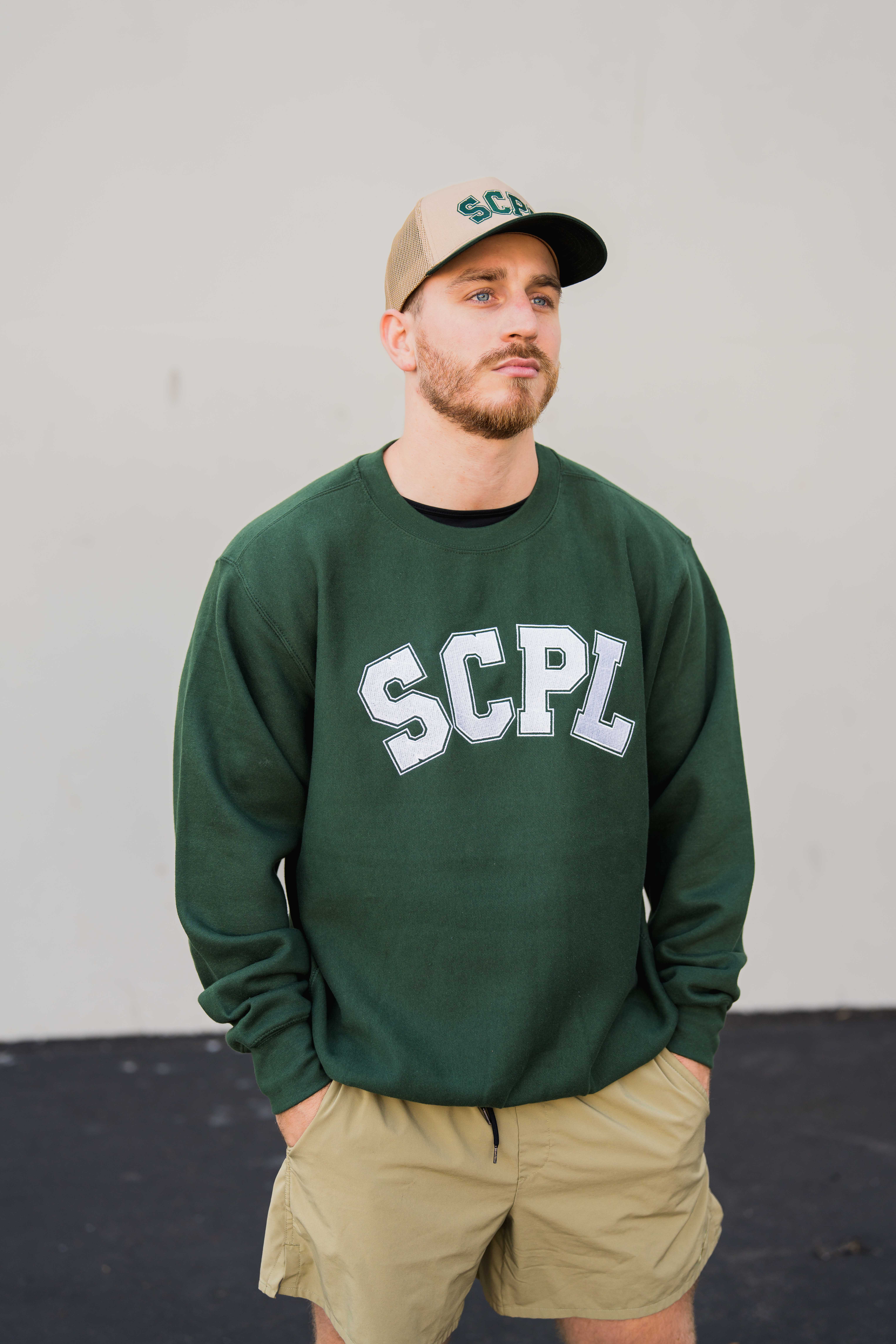“I’m not strong enough to compete yet”
It’s a phrase said by thousands of new lifters every year and it’s often accompanied by an equal amount of eye rolls from experienced lifters and coaches. Where does this disparity come from? And how strong do you REALLY need to be to compete?
In our opinion, the metaphorical bar is on the floor. There is no issue with competing as soon as you feel ready. There is no “strength standard” that makes you “ready” for your first meet.
What we do like to see from our clients is a basic understanding of technique on all lifts, and at least a few months of consistent training. This isn’t because we’re worried about you embarrassing us on the platform or any of that nonsense you may be worried about. It’s simply because this gives us enough time and programming data to accurately express where your strength is at right now. If you’re still figuring out basic techniques or don’t have time to “peak” your lifts through your program, then it’s simply an inaccurate measure of your strength. This may cause lifters to give up, or it may just throw off the data when they compete down the road with these two pillars in check and see a massive increase in their total, even though they didn’t actually get much stronger. It also removes unneeded variables and stress. You don’t want to still be asking what “leg drive” or “bracing” are on meet day. Once you have the basics down, you’re good to go.
Worried you’re not there yet?
You’re not alone. If you have a good coach or are on a good program, you should feel like you’re improving weekly. This causes hesitancy for many newer lifters as they see these increases in strength or technical knowledge as a sign that they aren’t yet “ready.” The truth is only the most elite and experienced lifters can demonstrate a true technical mastery of the lifts built through years and years of training, and even they didn’t start their first meet there. All of us are constantly evolving our techniques, dialing in our programs, and getting stronger. There is no “perfect time.” Once you can execute basic techniques and understand what is required in a meet you’re pretty much good to go!
How long is long enough?
Many lifters struggle with feeling like they’re simply too “new.” While that’s a fair concern, it tends to get overblown. A peaking program is generally about 12 weeks so you want to make sure you have at least this amount of time to train for any meet, whether it’s your first meet or your tenth. However, if it’s your first meet it is a good idea to get a base of training built up before beginning a true meet prep so that you and your coach can get an idea of how you respond to different training variables. If you have a good amount of lifting under your belt and are simply new to “powerlifting” then this may only take a block or so, but if you’re brand new to lifting in general it may take a few blocks just to gain control of your body and learn technique. While many lifters put off that elusive “first meet” for far too long, 4-6 months of training is plenty of time for most people.
What if you’re not strong enough?
You are. It’s that simple. While powerlifting is a competitive sport, it’s more you vs. you than it is you vs. anyone else. It’s not like a team sport where your inexperienced performance affects your teammates or a person vs person sport where your inexperience affects the level of competition for others. The only person affected by your performance is YOU.
Isn’t it embarrassing though?
Nope! Most competitors will be completely unaware of how strong you are if you’re not challenging them for a medal. We’re all focused on our own numbers and on not looking too too awkward in a singlet. Plus, you’ll likely be decently competitive at the local level after just a few months of solid training with a good coach. While there always seems to be a handful of freaks of nature at a local meet, the large majority of competitors are pretty new themselves and many aren’t following a proper program or working with a coach at all. With proper guidance from one of our highly-trained coaches, you’ll likely be able to put up a competitive total at your very first meet with only a few months of training.
Not convinced yet?
That’s fine. Take the quiz on our website to see how we can help address any remaining concerns. We’re happy to help!










